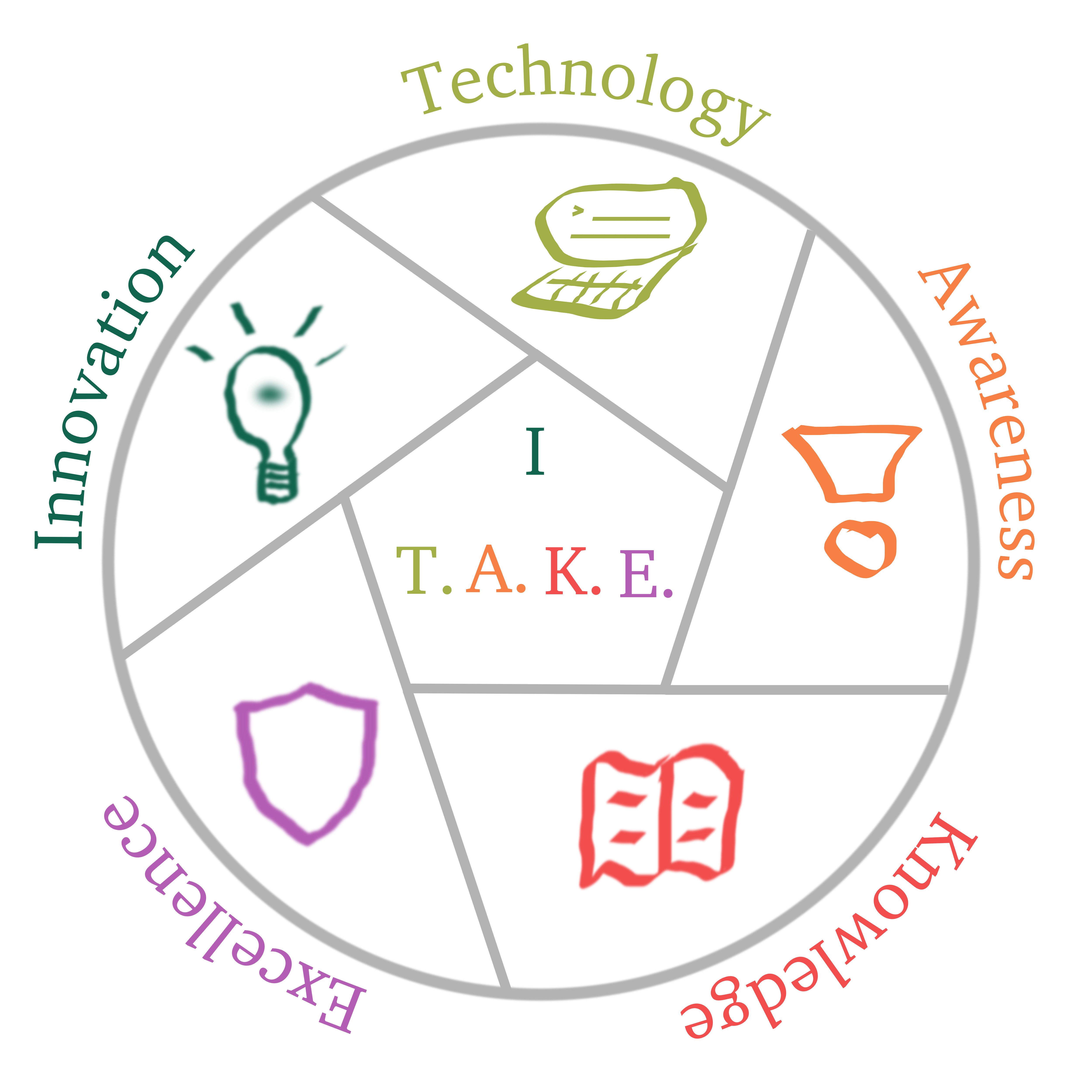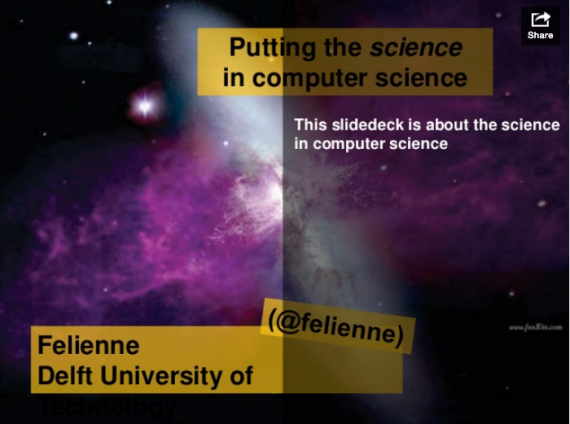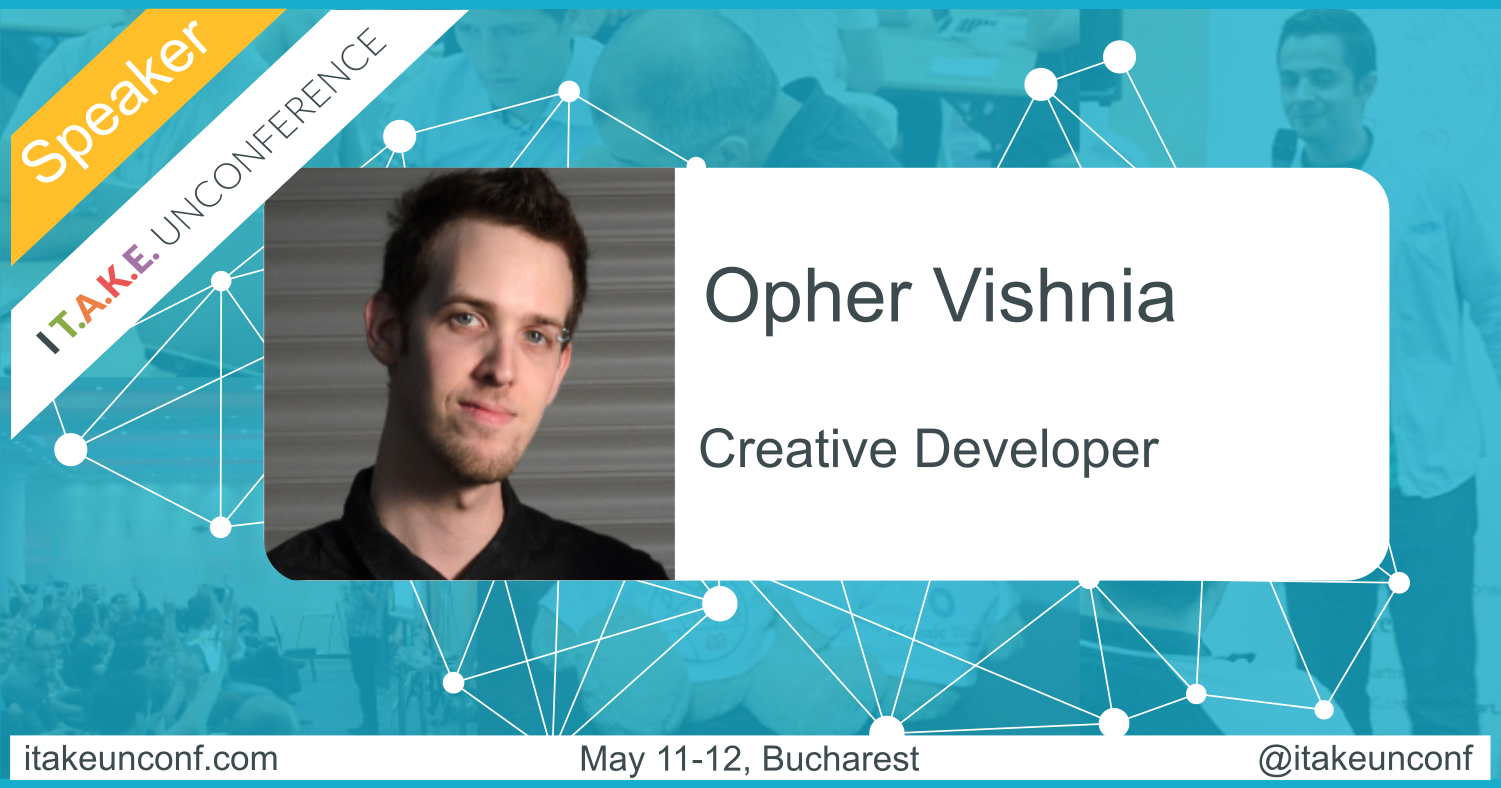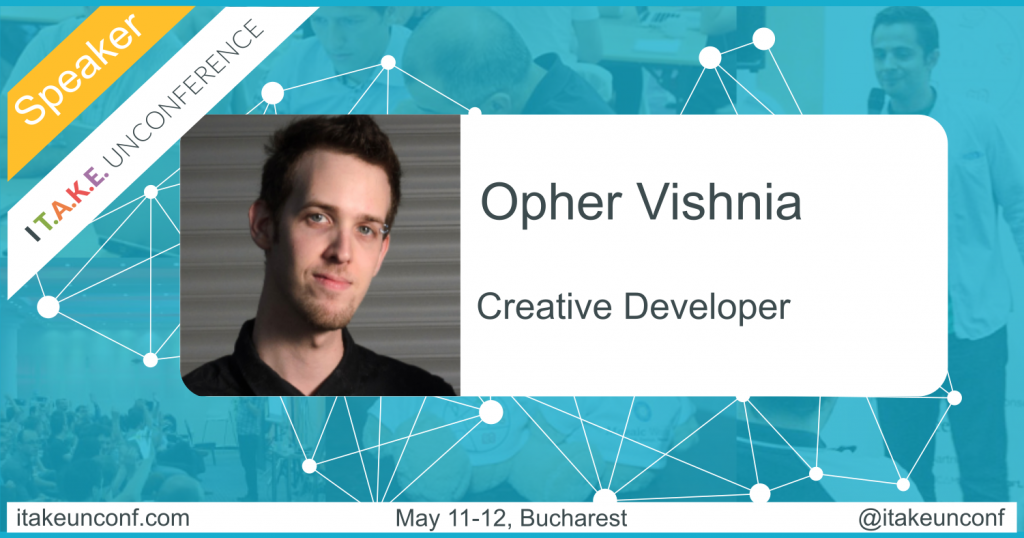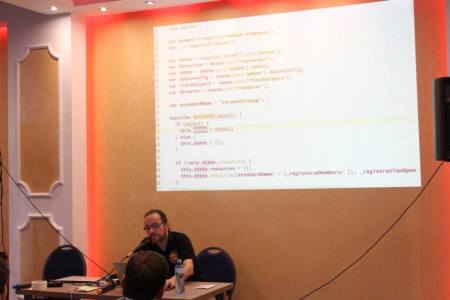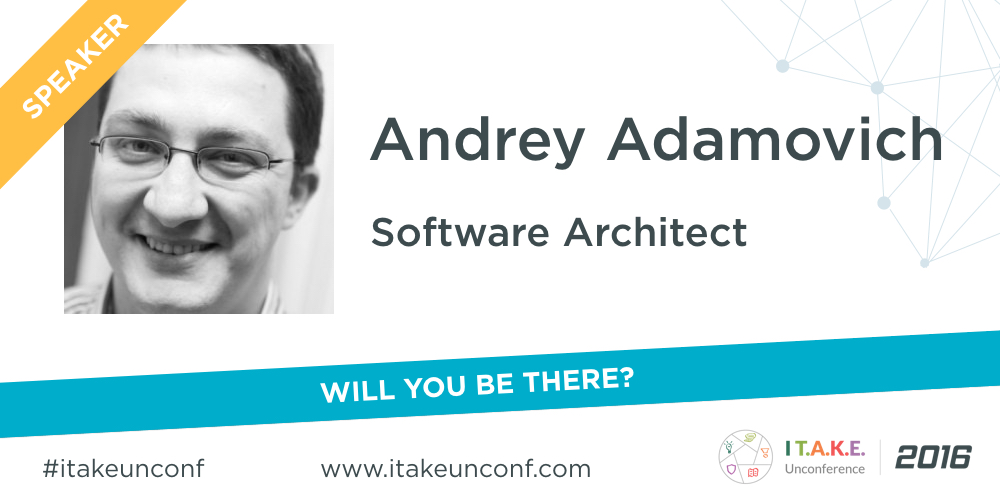
Enjoy the following series of interviews with the speakers, top-notch software crafters from across Europe, joining I T.A.K.E Unconference, Bucharest, 19-20 May. Discover the lessons learned and what drives them to challenge the known path in their field.
Andrey Adamovich, Software Architect at Aestas IT, is a software craftsman with many years of experience in different lifecycle phases of software creation. At I T.A.K.E Unconference 2016, he will share more patterns for infrastructure-as-a-code and visualizing codebases.
#1. Share with us 5 things you did that helped you grow & become the professional you are today
- Leaving my first workplace, where I have worked for 5 years
- Becoming an active public speaker
- Co-organizing local communities and conferences
- Developing open-source libraries
- Writing a book
#2. What challenges will the participants find solutions to during your session at I T.A.K.E Unconference 2016?
Visualizing codebases: Seeing big picture in a big code base with simple tools
Patterns for infrastructure as code: Give some hints on how to improve quality of “infrastructure-as-code”
#3. What else would you like to share with participants
Developer | Entrepreneur | Open-source Enthusiast | IoT Player | DevOps Believer | Visualization Lover
Want to join Andrey and many more software crafters from around Europe?
Join I T.A.K.E Unconference 2016!
